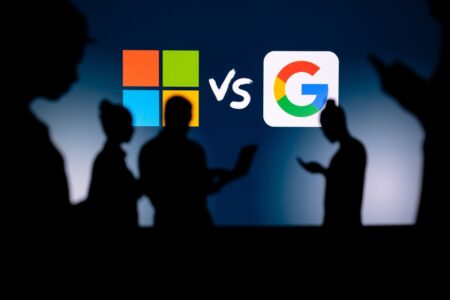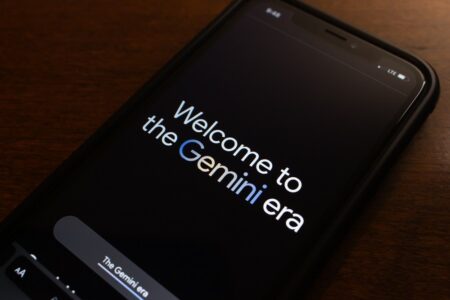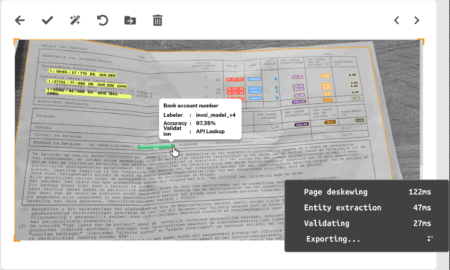Google has been found guilty of infringing on Sonos’ intellectual property. Google uses stolen technologies to produce wireless speakers, Pixel smartphones and Chromecast devices. The news underscores a larger problem.
The US market authority (US International Trade Commission) ruled that Google is using patented technologies from Sonos to produce devices. Google uses the technologies in speakers, smartphones and Chromecast devices. Unless Google modifies the devices’ designs, Google is no longer allowed to import the devices. Avoiding ramifications is child’s play. The modification of a few features can dodge penalties for intellectual property infringement.
The recent modification of Google Nest speakers is a textbook example. The Nest team announced that Google Nest speakers can no longer be used to control the volume of the Google Home app. The feature was removed due to a legal ruling. That can be enough to resolve or delay an intellectual property lawsuit.
Organizations with funding are able to hinder intellectual property lawsuits in the US. In the meantime, it becomes possible to modify a product to escape severe fines.
Guilty, but nothing owed
There is little chance that the US Trade Commission’s ruling will significantly impact Google’s business. In late 2021, the Wall Street Journal reported that Google has $142 billion in cash on hand. Organizations with such assets can avoid rulings.
Google has the money to object the US Trade Commission’s decision, endlessly extend the lawsuit, or avoid action by making minimal adjustments to products.
Developing innovative technology can be much more expensive than accepting legal fees. In some cases, stealing patented technology is more cost-efficient than developing proprietary technology.
Technology website Techcruch argues that US measures are too lax. Stricter intellectual property laws could reduce tech giants’ powerful position.
Tip: European companies are lagging behind in filed AI patents



















